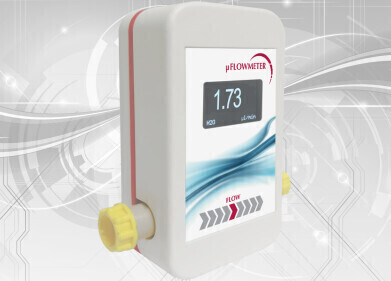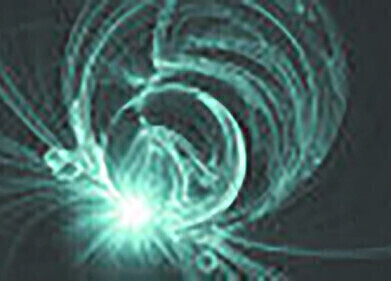LC-MS
What is Gulf War Illness? - Chromatography Investigates
Aug 16 2019
The 1990-1991 Persian Gulf War inflicted suffering on both the combatants and innocent civilians. There have been several investigations and major reports into the causes and outcomes of the war in Iraq and Kuwait. Thirty years later, UK and US soldiers who were involved in the conflict still do not have any answers as to what has caused them to suffer with debilitating conditions - causing many former soldiers to have a life full of suffering, with no positive outcome to look forward to. But researchers have not given up hope of identifying and solving the mystery behind Gulf War Illness
Many different symptoms, but no known cause
The causes of the various illnesses, and the suffering that can be associated with the various conditions has confounded medical opinion. In many cases, soldiers have had to fight hard with the medical profession and governments in order to get their symptoms recognised. Research is still ongoing to try and find a cause or causes. A recent paper published in the journal Plos One - Metabolic features of Gulf War illness - reports on work carried out using metabolomics to try and determine if there is a chemical signature in veterans with Gulf War Illness.
Previous studies have included x-rays and blood tests, but no differences could be found between British Gulf war veterans suffering ill health and a control group. Comparisons with soldiers who were in Bosnia during the conflict there showed that Gulf War veterans were more two or three times more likely to suffer from chronic fatigue or nerve pain. They are known as medically unexplained physical symptoms. The symptoms are very real, but there is no obvious physical condition behind the symptom.
Chromatography finds a chemical signature
In the paper referenced above, researchers in the US used chromatography and metabolomics to determine if there is a chemical signature in veterans with Gulf War Illness. Metabolomics is simply the large-scale study of small molecules or metabolites that are present in cells, tissue and other fluids in the body. Metabolites form as the result of a reaction within the body. In this case, the researchers were looking to see if any metabolic differences between ill Gulf War Veterans and healthy control subjects.
The researchers sampled twenty ill veterans and twenty healthy volunteers that were of similar age, ethnicity and gender. They then used hydrophilic interaction liquid chromatography with mass spectrometry to analyse the samples and look for chemical differences. The use of chromatography and mass spectrometry for bio analysis is discussed in the article, With Great Power Comes Great Responsibility.
The study shows that compared to healthy volunteers, veterans with Gulf War Illness had abnormalities in 8 of 46 biochemical pathways - the majority being lipid abnormalities. They state that:
‘data show that despite heterogeneous exposure histories, a metabolic phenotype of GWI was clearly distinguished from controls.’
Events
Feb 03 2025 Dubai, UAE
Feb 05 2025 Guangzhou, China
Mar 01 2025 Boston, MA, USA
Mar 04 2025 Berlin, Germany
Mar 18 2025 Beijing, China







.jpg)






